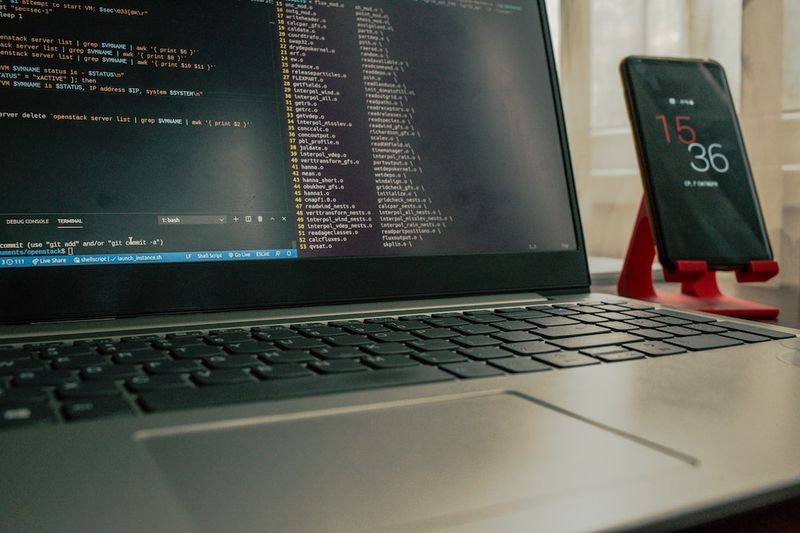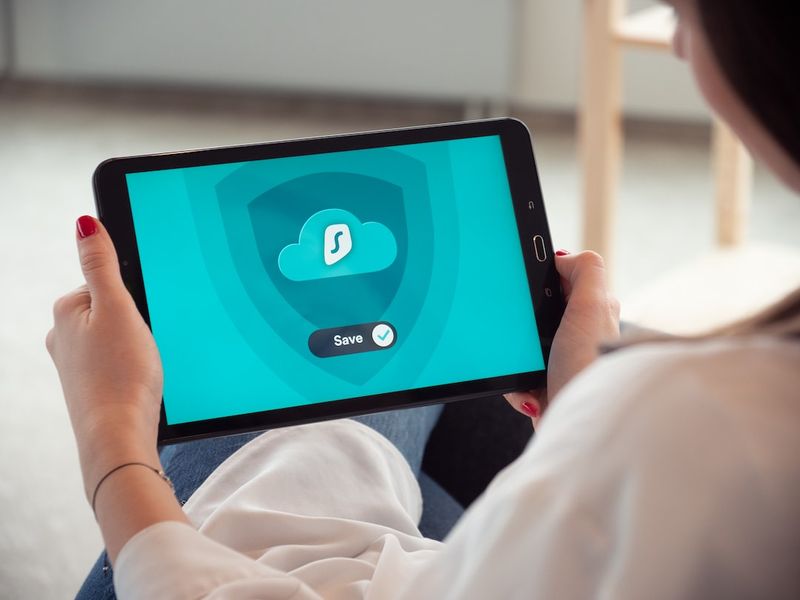Satellite TV service provider Dish Network has recently notified its customers that a ransomware attack, which took place in February, has compromised the personal data of nearly 300,000 individuals. While there is no evidence of customer databases being directly accessed by hackers, the stolen data does include employee-related records and personal information of both current and former employees, family members included. The cyberattack has reportedly been committed by the Russia-linked BlackBasta ransomware group. Dish claimed to have received confirmation that the extracted data has already been deleted. Such a confirmation suggests that the company has possibly paid the ransom to retrieve its stolen data. The incident highlights the vulnerability of information technology infrastructures.
Internet Security
The Dish Network ransomware attack underscores the importance of taking proactive measures to secure internet systems and sensitive data. The cybersecurity sector has seen a significant increase in attacks that have caused business disruptions, compromised personal and company data, and forced companies to pay extortion fees. Companies need to prioritize their investments in their cybersecurity efforts to prevent these types of incidents from occurring.
Philosophical Discussion
The idea of paying ransom to retrieve stolen data from hackers has been a subject of fierce debate, with some saying that the act of paying promotes further cybercrime. Critics point out that hacking gangs will continue to attack systems of companies like Dish if they know they can extract a ransom. However, companies like Dish may find themselves in a difficult position. It is tempting to pay the ransom to retrieve the stolen data and avoid public embarrassment and loss of goodwill with customers. Moreover, paying the ransom may be the only way for Dish to regain access to its essential data.
Editorial
Dish Network’s ransomware attack is the latest in a series of high-profile cyber breaches. Companies should learn from incidents like Dish’s and implement strict and effective data protection policies, which include technological safeguards, employee training, and readiness plans if a breach is detected. Dish’s timely notification of their customers is commendable, but the company should have taken greater precautions to safeguard its databases in the first place. It is essential that Dish and other companies ensure that their data protection measures are up to the highest standard, given the sensitive information they hold.
Recommendation
Companies should assume that their networks will be subject to cyber-attacks and should plan their defenses as such. They should also consider cyber insurance policies to help mitigate the financial fallout from breaches. Moreover, businesses need to set protocols for communicating and engaging with law enforcement authorities, customers, and employees in the event of a breach. Finally, the most effective cybersecurity measures are those that address both technological and process controls. Hence, companies must educate their employees on how to identify and report phishing emails, social engineering tactics, and other common cyberattacks.

<< photo by Tima Miroshnichenko >>
You might want to read !
- Residential IPs: The Latest Tool in BEC Scammers’ Arsenal to Trick Microsoft and Avoid Detection
- API Security: The Risk of Data Leakage
- China’s Order to Stop Using Micron Chips Escalates Feud with US Tech Industry
- “Privacy vs. Profit: Meta’s Record Fine for Data Transfer Violations”
- The iSpoof Scam: A Cautionary Tale of Cyber Crime and Consequences
- Exploring the Resurgence of FIN7 Cyber Gang Through Their Latest Cl0p Ransomware Attacks
- “Samsung’s Security May Be At Risk: Critical Flaws Being Actively Exploited”
- KeePass Security Flaw Puts Master Passwords at Risk




